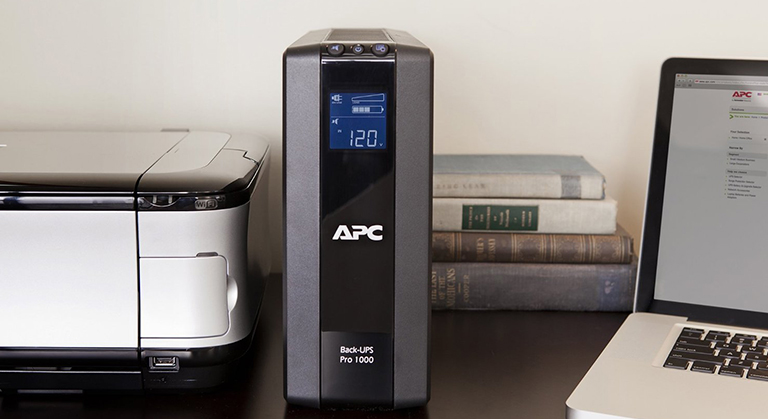Whether technology is a blessing or a curse – this is a never-ending controversy. But no one can deny that technology has brought a revolutionary improvement in the healthcare sector. It has transformed clinical diagnosis, treatment, and observation of many critical conditions.
In the last few years, imaging technologies like ultrasound, X-Ray scanning, and MRI have become integral parts of healthcare. These radiologic technologies have ensured the proper use of all essential and available medical resources under the supervision of professionals. An early identification of health issues with these technologies has made it possible to quicken the recovery process. Access to such technologies is required by the medical professionals 24x7x365. Therefore, healthcare establishment should always be ready to meet this requirement.
It is clear that the advancement in radiologic treatment has made healthcare more dependent on the electronic system. In order to prevent any disruption of healthcare services due to utility failure, all the healthcare establishments should take special care of UPS power supplies. Therefore, choosing the right UPS system is of immense importance. The power requirement varies from one hospital to another. So, it is not possible to recommend one solution for all the hospitals. But, there are some common factors that you must consider while choosing UPS power supplies.
Consider 4 Factors Before Selecting UPS Power Supplies
1. System Performance
You should always look for the products that can satisfy all the requirements of your establishment’s applications. For a healthcare establishment, you need a UPS, able to handle step loads when the diagnostic imaging devices are in use. Vendors will provide you a specification sheet; but, in most of the cases, these sheets cover only the system performance in terms of operating modes. Hence, you should make a thorough research on how the UPS you are going to buy handles overloads and steps the loads. You can also ask your acquaintances in the healthcare industry for the recommendation.
2. Total Cost of Ownership (TCO)
UPS power supplies, powered by batteries have always been a favorite of the industry. These power supplies can generate a huge amount of current within a short time. This kind of UPS systems has longer runtime in comparison to that of other available technologies. To keep the batteries in an ideal state, it is important to keep them at a suitable temperature of 77 degrees Fahrenheit. Such a temperature can be housed only in a special air-conditioned and well-ventilated room. You need to replace the batteries in every four to eight months.
If you want to calculate the total cost of ownership for a UPS supply, you need to include installation cost, energy losses, cooling requirements, monitoring and maintenance cost, and battery replacement expenses. If your budget is a real concern for you, then flywheel-based UPS would be the best option for you. These systems are not only high-energy efficient, but also reduce the cooling requirements. This kind of UPS does not require frequent replacement.
3. Runtime
As per the standards, fixed by the National Fire Protection Association or NFPA, every hospital or other similar establishments should restore emergency power within 10 seconds in the face of a power cut. On-site backup generators are able to keep a facility operational as long as they are powered by the fuel. But they need at least 15 seconds to assume the load once again after a power cut. Nowadays, with the advancement of technology, long ride-through time is not required all the time.
4. Reliability
UPS power supplies are made for emergencies. So, they must be reliable. In this context, the reliability is measured by a product’s chance of failing. When a patient is fighting against death, even a fraction of a percentage can become a great gamble. Therefore, whenever you are going to purchase UPS power supplies, don’t forget to look for an independent, and third-party reliability assessment to compare that product with other similar products.
Final Overview
You can’t afford to miss any one of the four factors discussed above while you are going to buy UPS power supplies for your healthcare establishment. Don’t hesitate to ask your vendors for customer referrals for establishments having similar requirements. Apart from these, you should also review the relevant case studies.
Is this article helpful for you? Let us know your feedback.

